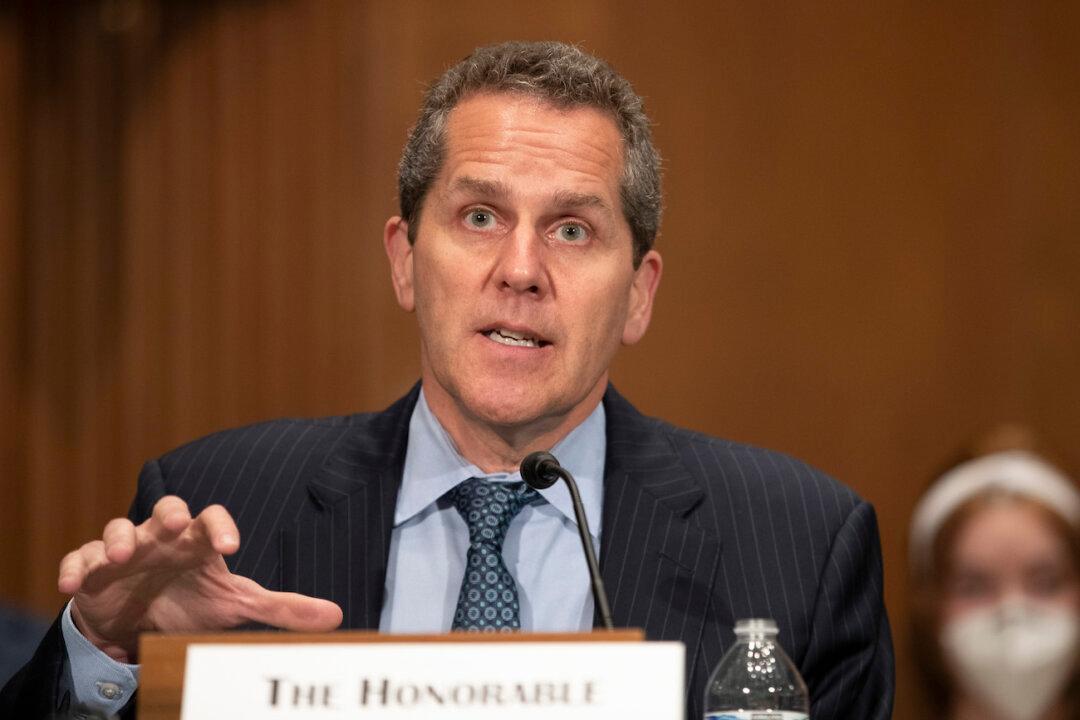Since the COVID-19 public health crisis, the Federal Reserve system has undergone a cultural shift in supervision, and this may have been another contributing factor to the turmoil in the banking system, a House committee heard.
The House Financial Services Committee hosted a hearing on May 16. It featured testimony from Fed Vice Chair for Supervision Michael S. Barr and Federal Deposit Insurance Corp. Chair Martin Gruenberg.





